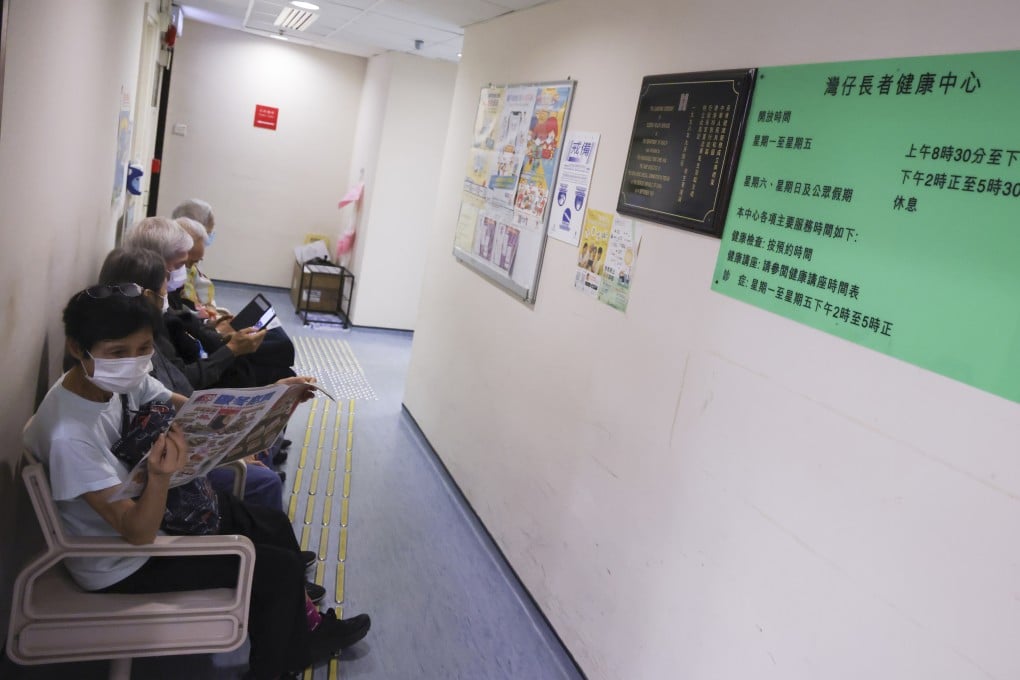Opinion | Hong Kong people need more than an advance directive for a dignified death
- The government’s support of advance directives on life-sustaining treatment is laudable but falls short of capturing the full spectrum of available care
- Advance care planning involves medical decisions as well as personal and social aspects of care. Hong Kong should roll out such protocols, as Singapore does

To better support people and their families in their final moments, we must adopt a wider perspective that goes beyond advance directives and embraces advance care planning.
While advance directives provide guidance on medical interventions when individuals can no longer speak for themselves, it falls short of capturing the full spectrum of care that matters most to those in the final stage of life. Advance care planning, on the other hand, takes a more comprehensive approach, encompassing not just medical decisions but also personal and social aspects of care.
It encourages proactively communicating one’s values, beliefs and preferences regarding both medical and personal care. Involving both family members and healthcare professionals, advance care planning aids in creating person-centred plans and signing legal documents that reflect people’s unique needs and preferences.
This collaborative approach ensures individuals’ wishes are respected and empowers family members to make informed decisions when their loved ones are unable to speak for themselves. Importantly, advance care planning is not limited to those in their final moments. It helps everyone, regardless of age or health, prepare so their future medical and personal care needs can be met.
Proactively engaging in advance care planning can help us live life to the fullest, ensuring our final days are shaped by our values and preferences instead of arbitrary decisions made during a crisis. We can then embrace our death with dignity, peace and the fulfilment of our needs.


